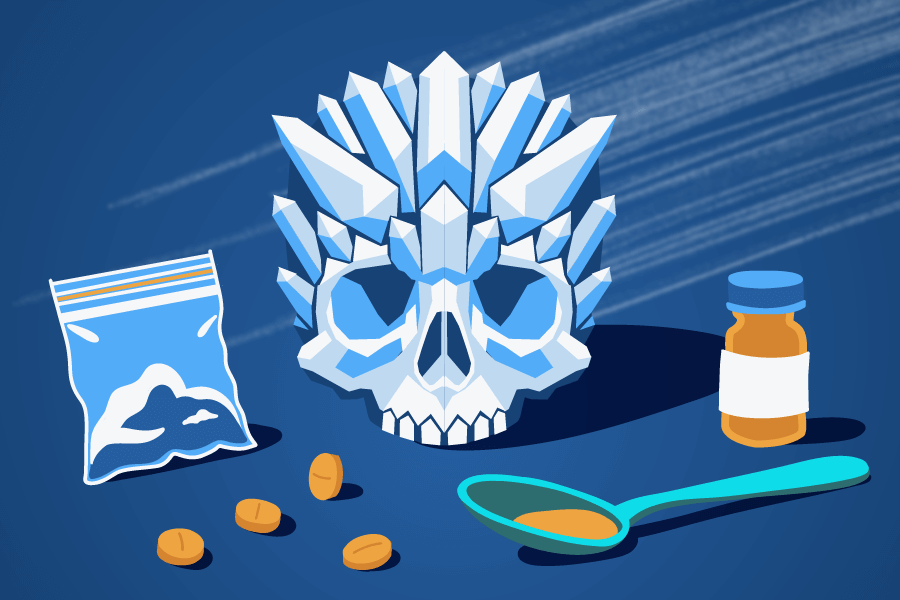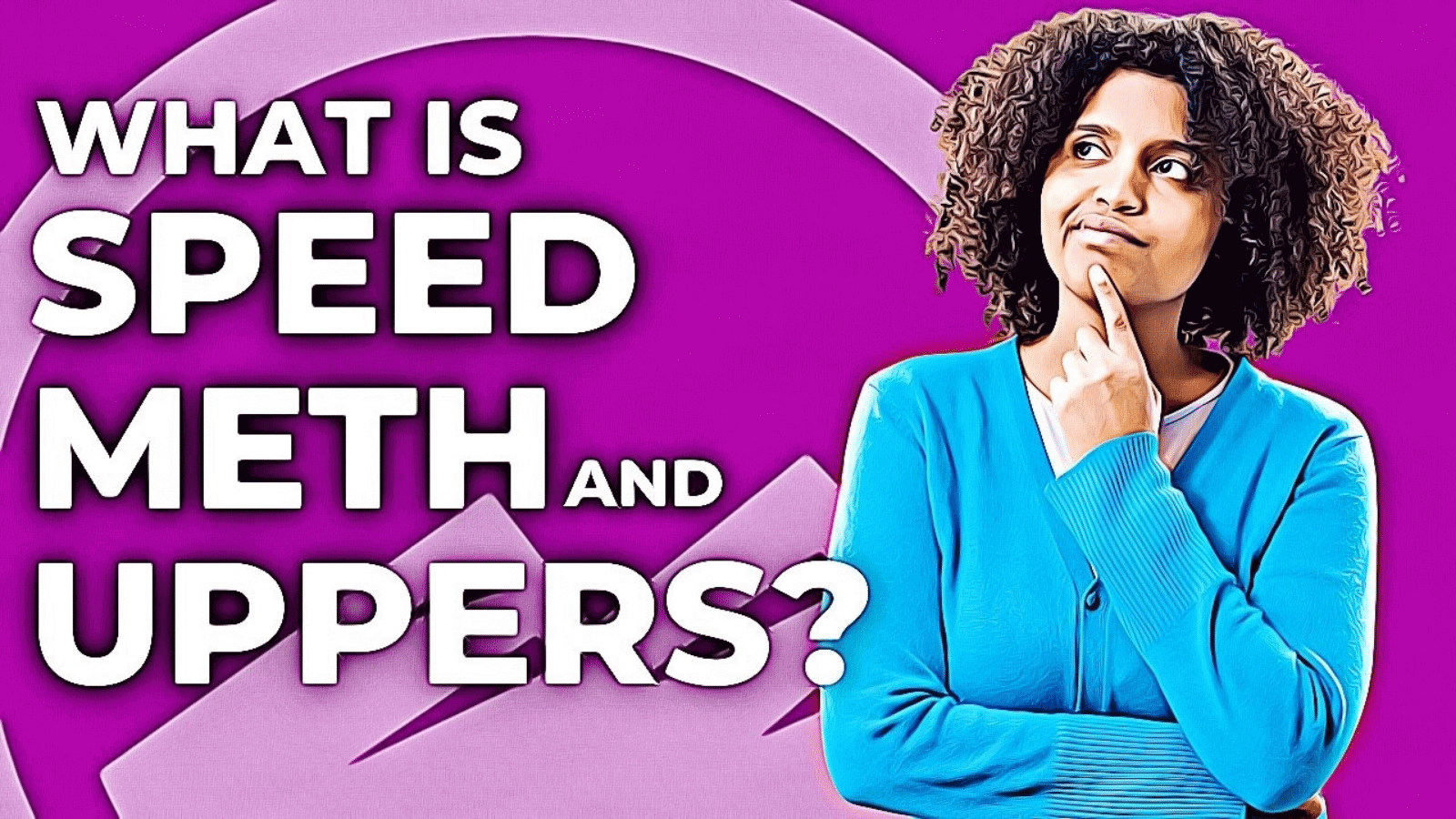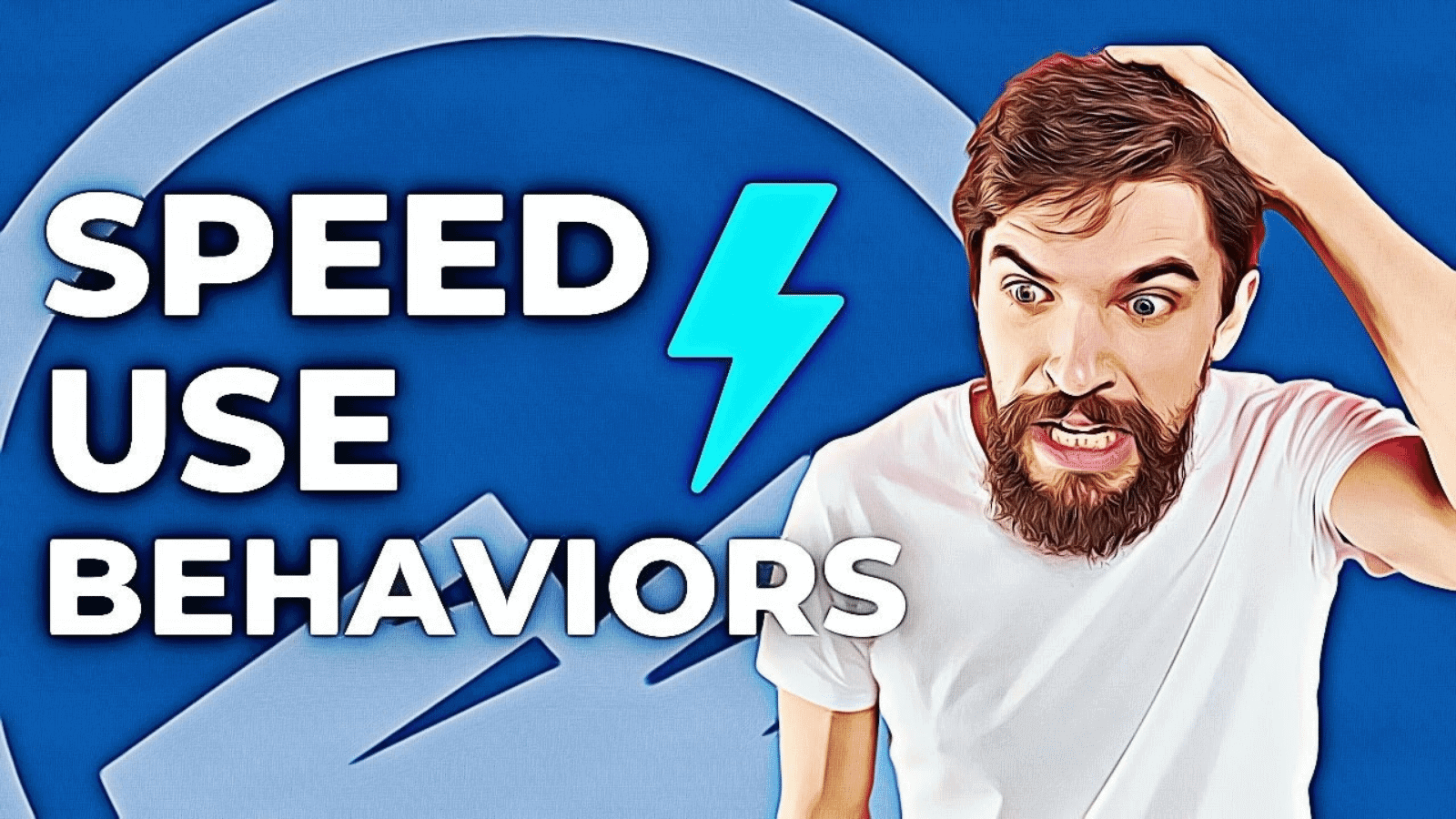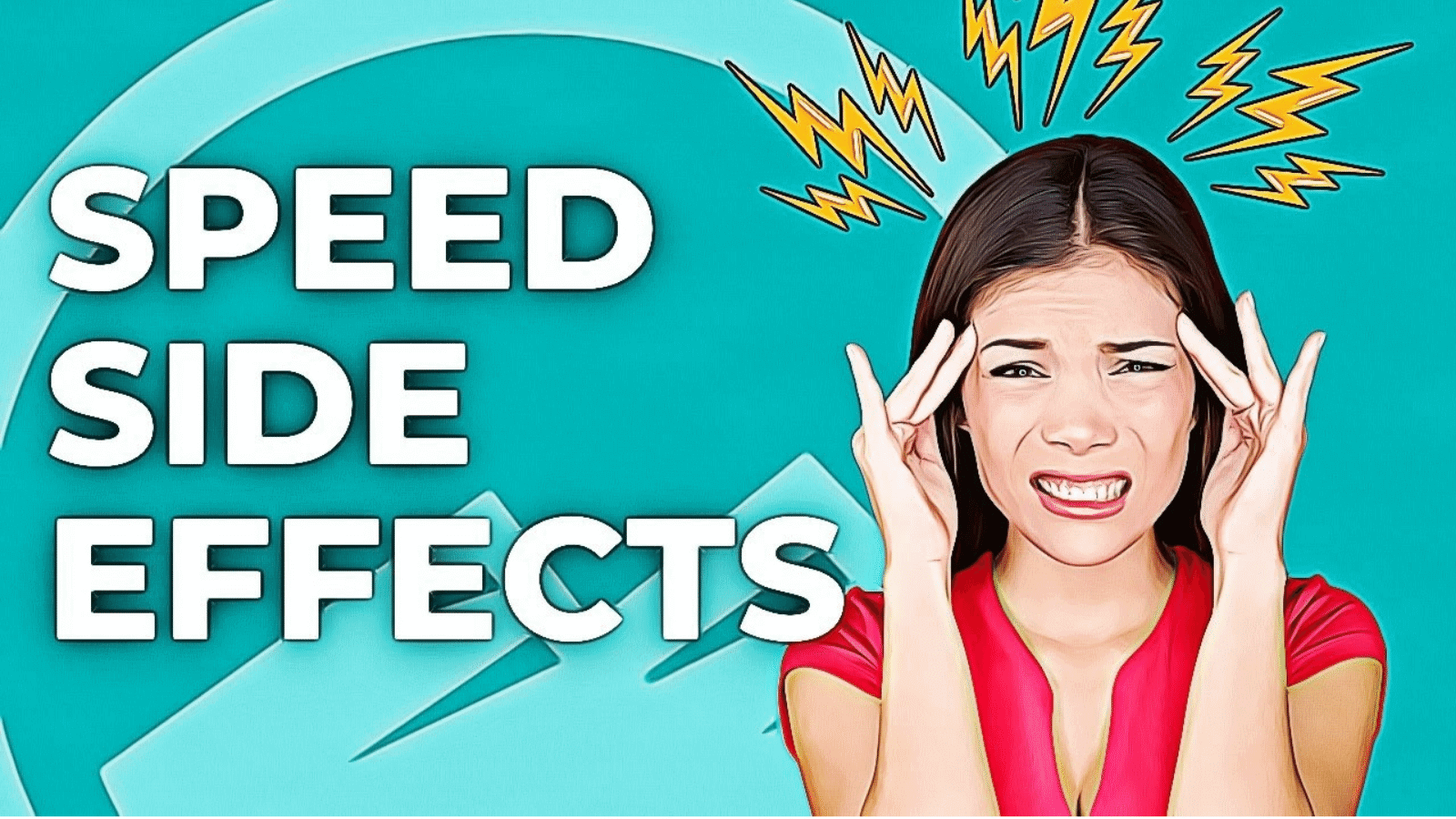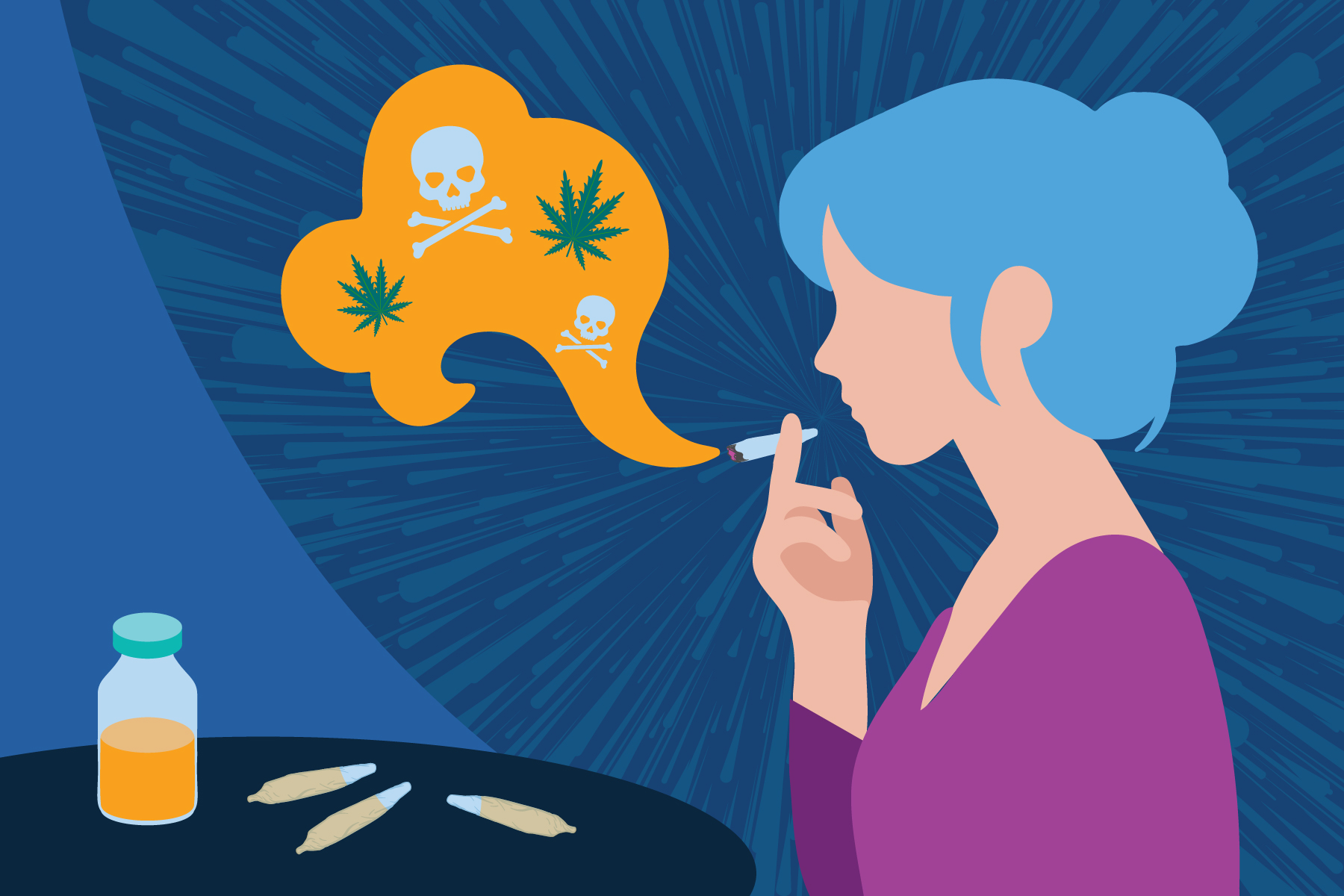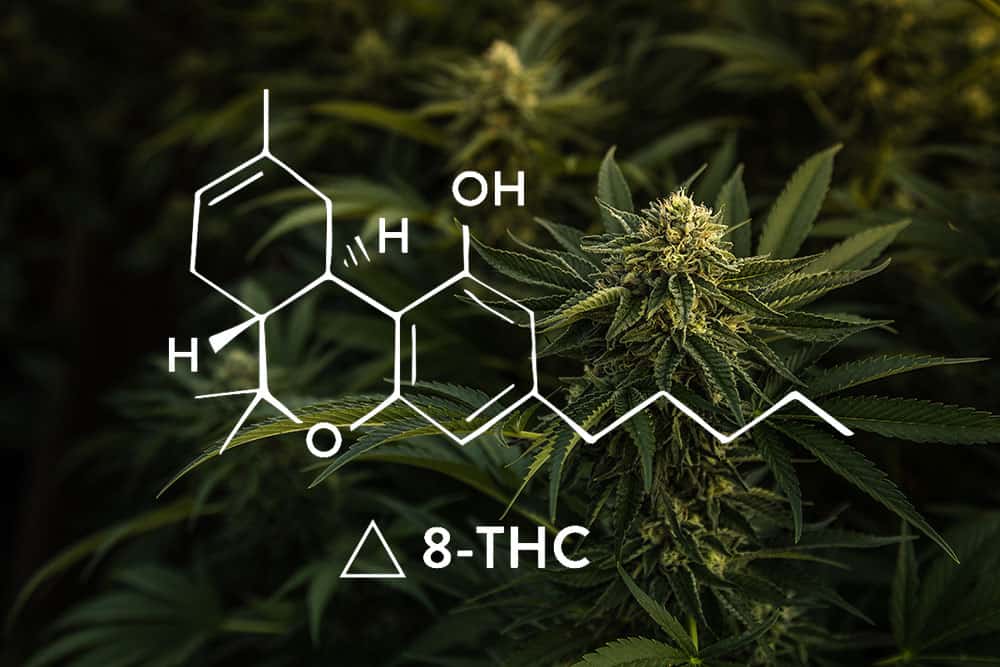Speed Drug
What Is Speed?
Speed is a highly-addictive methamphetamine and stimulant that affects the body and mind by “speeding” up the body’s processes and central nervous system.
Speed can be snorted, swallowed, or injected. Those who have used speed describe it as “a drug form of OCD,” where a burst of energy and focus is followed by an intense crash.
This crash often brings exhaustion, fatigue, sadness, and depression that can last from hours to days. In 2022, there were over 34,000 overdose deaths linked to methamphetamines.
Some amphetamines may be used to help address the effects of attention deficit hyperactivity disorder (ADHD) or narcolepsy.
However, when prescription or illegal amphetamines are used against the direction of a medical professional, it is often referred to as “speed.”
Types of speed include:
- Amphetamines (used to treat ADHD, narcolepsy, and depression)
- Methamphetamine (a powerful stimulant street drug)
Methamphetamine is much more potent and faster-acting than amphetamine, but both types of drugs involve serious risks.
Unfortunately, many teens and young adults take speed in the form of amphetamine pills without a prescription in order to improve their performance in academics, sports, and other areas.
Both types of speed are also taken recreationally, often mixed with other drugs. Despite the sought-after, short-term effects of some forms of speed, all forms of speed are dangerous and addictive.
What Is Speed Used For?
Amphetamines like speed can be used for medical purposes, such as the treatment of narcolepsy and ADHD. It can also be used illegally as a kind of “fake energy,” temporarily giving a boost of energy by intensely taxing the body.
Others may use illegal forms to temporarily improve focus for academic reasons on college campuses.
However, recreational use of speed outside of a medical setting can lead to destructive consequences, like addiction, rapid heartbeat or cardiovascular issues, disturbed sleep, anxiety, depression, and heart attack.
What Are Different Names for Speed?
Amphetamines can go by many names in addition to speed. These include names like:
- Addys (Adderall)
- Uppers
- Pep pills
- Black beauties
- Meth
- Beans
- Beanies
- Black Beauties
- Christmas Trees
- Dexies
- Eye-openers
- Wake-ups
Methamphetamines can also have their own various street names including:
- Crystal Meth
- Crank
- Chalk
- Glass
- Go
- Ice
- Redneck cocaine
- Tina
- Tick-tock
- Scootie
- Spoosh
- Yellow Powder
However, this is not an exhaustive list, and local communities may have their unique slang names for speed and other illegal drugs in addition to these.
What Color Is Speed?
Speed is typically a white or off-white color.
However, depending on how it is made and the other substances that may be cut into it during creation, each batch of speed can look slightly different.
Illicit speed can be cut with various substances like baking powder, powdered milk, caffeine, or even drugs like fentanyl.
Cutting in these substances can change the color of speed, sometimes presenting as pinkish, bluish, or yellowish.
What Does Speed Mean in Slang?
Speed is a slang term for amphetamines and methamphetamine.
It gets its name from being a powerful stimulant drug that creates a rush of “fake energy” that speeds up the body and mind and improves focus and alertness before causing the user to crash when its effects wear off.
Signs of Speed Addiction
What are the Signs of Speed Addiction?
Speed can affect your life or the life of a loved one. Some of the signs of drug use and speed addiction include:
- High blood pressure and heart rate
- Chest pain
- Increased body temperature
- Sudden weight loss or skipping meals
- Mood swings, anxiety, depression, and other mental health disorders
- Self-isolation and social withdrawal
- Malnutrition and loss of appetite
- Inability to tend to personal responsibilities at work, school, or home
- Periods of extreme energy, followed by intensely low energy
- Physical deterioration, such as pale skin and dental problems
Speed can also rapidly dehydrate a person, especially with repeated or long-term use.
Signs of dehydration like sunken eyes, dry skin, and dry mouth are common signs of dehydration that may be tied to speed use and snorting speed.
These signs can become more pronounced the more a person uses the drug.
How Does Speed Make You Act?
Speed can lead to major changes in behavior. Some of the behavioral effects of speed include:
- A rush of energy or alertness
- Increased focus
- Mood swings
- Increased irritability and anger
- Feelings of paranoia or intense fear
- Increased sex drive
- Increase in risk-taking behavior
- Overconfidence in personal abilities
- Hyperactivity
- Excessive teeth grinding
- Inability to sit still
- Excessive and erratic talking
- Staying awake for prolonged periods
- Skipping meals
Violent behavior, self-isolation, and mood swings can also impact personal relationships with family members and loved ones.
Speed addiction affects entire families, compromising trust and communication and leading to feelings of resentment, betrayal, anger, and distrust that can be difficult to address.
Addressing the impact of speed on your life and its effects on families and communities is necessary for healing.
Professional treatment programs like those at Sandstone Care can help you begin to overcome the effects of speed addiction.
Does Speed Make Your Pupils Bigger?
Yes, methamphetamines like speed can make your pupils bigger.
This symptom is especially true for psychedelic stimulants like MDMA, which combine the effects of stimulants with psychedelic effects like hallucinations and other changes in perception.
Does Speed Make You Aggressive?
Speed can make managing your mood difficult, leading to increased anger, irritation, and aggressive behavior.
Combined feelings of anger, invincibility, and overconfidence can lead to risky behaviors, angry outbursts, and compromised decision-making, especially at high doses.
The Effects of Speed
What Does Speed Actually Do?
Speed is a stimulant that “energizes” the body’s central nervous system, leading to increased heart-rate followed by an intense crash.
The drug stimulates the central nervous system, decreases inhibitions, causes a rush of euphoria, and brings feelings of overconfidence.
However, long-term use of speed can lead to many additional challenges. Mental health disorders like depression, anxiety, schizophrenia, and physical health issues like fatigue, aches, and sores are all common.
Professional treatment is often necessary to challenge the effects of amphetamines, overcome urges and cravings, and establish a healthy lifestyle.
Speed use also has long-term effects that are just as destructive to your daily life. Potential long-term effects of amphetamine use include:
- Extreme weight loss
- Eating disorders like anorexia
- Cardiovascular issues and heightened risk of heart attack
- Kidney disease
- Higher chance of stroke
- Increased risk of HIV or hepatitis, especially if injecting speed
What are the Short Term Effects of Meth?
Methamphetamine use can cause immediate and intense effects that impact both the body and mind, creating a temporary sense of euphoria and heightened energy but often accompanied by harmful consequences.
The short-term effects of speed that users seek include:
- Heightened energy
- Heightened awareness
- Excitement
- Euphoria (pleasure)
- Increased focus
- Better concentration
What are the Long Term Effects of Meth?
Over time, methamphetamine use can lead to profound and lasting harm, affecting physical health, mental well-being, and essential bodily functions.
Long-term health risks of speed include:
- Anorexia
- Urinary tract infection
- Stroke
- Psychosis
- Heart attack and other heart problems
- Paranoia
- Depression
- Brain damage
Methamphetamine is especially addictive and dangerous. Meth can cause permanent brain damage, especially to the areas of the brain that manage emotions and memory. Other long-term effects of meth use are:
- Emotional instability
- Cognitive problems
- Anxiety, depression
- Insomnia
- Mood swings
- Aggression
- Hallucinations/ psychosis
- Skin sores
- Malnutrition, weight loss
- Dental problems (known as meth mouth)
- Damage to vital organs
- Stroke
How Does Speed Make You Feel?
Speed can have a euphoric effect, causing feelings of excitement, focus, or invincibility. It can also cause mood swings, paranoia, anxiety, and aggression.
Many of those using speed may also experience increased energy levels, increased focus, and feelings of overconfidence.
Feelings of invincibility or overconfidence can lead to an increase in risk-taking behaviors, especially increased risky sexual behavior or driving under the influence.
What Is Speed Good For?
Some amphetamines are occasionally prescribed to address ADHD or narcolepsy.
However, even when using prescribed amphetamines correctly, addiction is still possible. Addiction to speed is potentially dangerous regardless of how you or your loved one are exposed to the drug.
Does Speed Give You Power?
No, speed does not give you power.
However, speed can make a person temporarily feel “invincible” or overconfident alongside a burst of “fake energy,” leading to unnecessarily risky situations.
These risky situation can cause more intense drug abuse, accidents, major relationship and career issues, injuries, and more.
Does Speed Make You Hallucinate?
Yes, frequent and intense use of amphetamines like speed can lead to psychosis and potential hallucinations.
Stimulants like MDMA can make these hallucinogenic effects even more intense.
What Does Amphetamine Do to the Brain?
Amphetamines speed up the messaging between the brain and body, resulting in increased energy and focus, increased heart rate, high blood pressure, and high body temperature.
Speed also releases dopamine in the brain, or the “feel good” reward chemical in the brain. With repeated use, speed can hijack these dopamine receptors, leading to dependence and addiction to the drug.
Can You Get Addicted to Speed?
Yes, speed is highly addictive.
Those using prescribed amphetamines, are still at risk for developing an addiction to speed, even with access to the proper drug information from a healthcare provider.
However, those using illegal, street-level speed can be at an even greater risk of addiction.
It is impossible to know exactly how each batch of speed is made or if other drugs are being cut into them.
Cutting speed with opioids, cannabis, benzodiazepines, fentanyl, or other prescription drugs like Ritalin can increase their risks.
Drug Speed Withdrawal
Can You Have Withdrawals from Speed?
Yes. Withdrawal symptoms are intense and are often a major hurdle for those just beginning their journey of overcoming an addiction to speed.
Exact symptoms and intensity of withdrawal can vary from person to person. It will depend on how often it is used, and if other substances are cut into or used alongside speed. Navigating withdrawal is always challenging and may require professional support.
What Does Withdrawal from Speed Feel Like?
Withdrawal symptoms are unique to each person. Your experiences through detox and withdrawal can differ slightly from peers. Some common withdrawal symptoms from speed include:
- Nausea
- Vomiting
- Aches and pains
- Mood swings
- Anxiety
- Depression
- Paranoia
- Agitation, irritation, and anger
- Nightmares
- Insomnia
Withdrawal can be very uncomfortable, both physically and emotionally. Working with professionals to manage withdrawal symptoms, explore medication options, and transition to further levels of care is necessary.
How Long Does Speed Stay in Your System?
Speed can be detected in your body from a couple of days to months after use, depending on how it is tested.
Speed can also be detected long after its immediate effects have worn off.
Some of the ways speed can be tested, as long as for how long these tests can detect speed in your system, include:
- Blood: detectable for about two days
- Urine: detectable for about three days
- Hair: up to 90 days after use
Just because a person is not experiencing the immediate effects of speed doesn’t mean that the drug isn’t still impacting their bodies and minds and carrying negative effects.
In Network With All Major Insurance
Treatment for Speed Addiction
What Are The Symptoms Of Speed Abuse?
If you’re worried that your child might be using speed, here are some warning signs to watch for:
- Seemingly boundless energy. People under the influence of speed often have a sense of heightened awareness and energy, and they feel like they can do anything.
- Unexplained weight loss and/or loss of appetite. Speed can increase users’ metabolism and reduce their appetite.
- Emotional instability. People who use speed can fluctuate between feeling great under the influence of the drug and feeling down once its effects wear off.
- Loss of interest in activities. People who use speed recreationally may lose interest in friends and activities they once enjoyed. (However, people who use stimulants for their effects on school or sports performance tend to continue their interest in those activities.
- Hyperactivity. People under the influence of speed can be irritable, restless and fidgety.
- Skin sores. Some users of the methamphetamine form of speed have the sensation of itchy skin, so they often scratch until they have developed sores.
- Dental problems. Methamphetamine users can develop dry mouth, resulting in tooth decay.
How to Get Over a Speed Addiction?
To get over a speed addiction involves the combination of personal dedication, professional addiction and mental health treatment, and strategies to sustain sober change.
Talking to an addiction recovery specialist to discuss detox programs, dual-diagnosis treatment to address mental health disorders, and exploring support for transitioning to residential treatment and family therapy programs are all often part of a comprehensive journey.
Practicing grounding strategies and self-care is also important at any stage of recovery.
Dedicated treatment programs are the best way to explore these areas of healing in a safe and curated sober space to prevent relapse and mitigate stress.
Overcoming addiction is much more than stopping the use of speed.
Rather, it involves making changes to daily life, addressing mental health and physical healing, and repairing relationships with loved ones for sustainable sobriety.
What Therapies Are Best for Overcoming Speed Addiction?
The most commonly used therapies are cognitive-behavioral therapy (CBT), dialectical behavior therapy (DBT), and medication-assisted treatment (MAT) to address difficult withdrawal symptoms.
However, each journey will be different. These programs are often used alongside other therapeutic exercises, like individual and group therapy, motivational interviewing, and experiential therapy, to explore new ways of facing personal challenges.
Likewise, your personal goals and needs in recovery will also impact your recovery journey. Trauma-informed treatment is also available at Sandstone Care, as well as dual-diagnosis treatment to address the effects of mental health disorders and speed addiction in tandem for effective healing.
How Do I Help a Loved One Who Is Using Speed?
The best way to help a loved one using speed is by educating yourself on the drug and its effects and working alongside a loved one to create sustainable change.
Educating yourself about speed, its effects, and further signs and symptoms of addiction is important to engage in effective communication about addiction and healing.
While addiction can bring feelings of resentment, stress, anxiety, and frustration, it is important to stay calm while discussing treatment.
Allowing loved ones to talk about their use of the drug, reasons for use, their mental and emotional needs, and expectations of drug use in a safe space is necessary to open an honest dialogue.
Researching local treatment options and facilities is another way to support a loved one.
This can empower them to choose the best treatment facility for their recovery by eliminating as many barriers to treatment as possible.
Offering to provide transportation or scheduling can also make these programs more accessible.
Lastly, supporting a loved one does not end when they agree to attend a detox program.
Continuing to engage in effective support, educating yourself, and being open to making changes at home are all part of a sustainable healing journey.
Engaging in personal therapy to address the traumas of a loved one living with addiction may also be necessary to prepare for when you may be ready to explore forgiveness.

